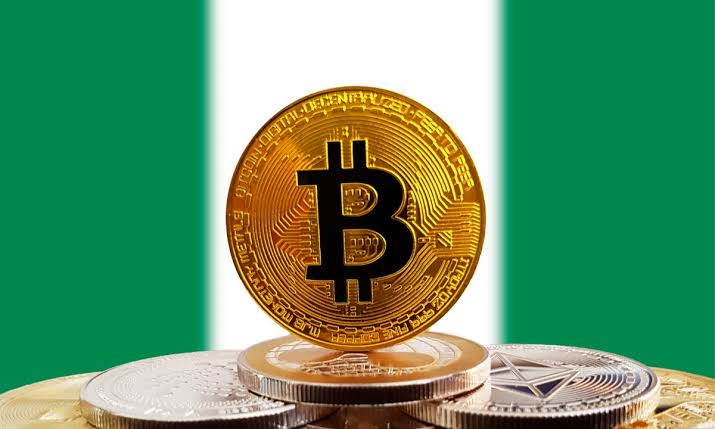National Issues
Nigeria and the Bitcoin Revolution: A Journey towards Digital Economy
Nigeria is one of the top recipients of international remittances in Africa. Traditional means of money transfers involve exorbitant fees and sometimes days of processing time. Bitcoin has emerged as a game-changer, facilitating quick, cost-effective international transfers and inflow of remittances.

Bitcoin and Nigeria, two terms that may initially seem unrelated, are however intricately connected. As Nigeria grapples with a feverish economic climate and escalating inflation rates, an increasing number of its citizens are turning towards Bitcoin – a paradigm that can potentially revolutionize the Nigerian economy.
The crypto-economy – A glimpse
With the inception of digital currencies such as Bitcoin, we have entered a new age of finance known as crypto-economy. Crypto-economy is an economic system powered by digital currencies and blockchain technologies that provide a decentralized platform for peer-to-peer transactions. The implications of a highly adoptive and ubiquitous crypto-economy are far-reaching, holding the potential to reshape the Nigerian economic landscape.
Bitcoin adoption in Nigeria – The reasons
A report by leading blockchain data platform, Chainalysis, suggests Nigeria ranks third worldwide in Bitcoin adoption. A study by analyst from bitcoingambling.org suggests Bitcoin has offered Nigerians a lifeline from economic turmoil. The major reasons for this adoption trend include:
Remittances
Nigeria is one of the top recipients of international remittances in Africa. Traditional means of money transfers involve exorbitant fees and sometimes days of processing time. Bitcoin has emerged as a game-changer, facilitating quick, cost-effective international transfers and inflow of remittances.
Protection from inflation
Nigeria, grappling with double-digit inflation rates and declining exchange rate values, views Bitcoin as a ‘digital gold’ – a hedge against the devaluation of naira and a haven from inflation.
Capital controls
Capital controls imposed by the Nigerian government to stabilize the Naira have resulted in restrictions on foreign transactions. Bitcoin, being decentralized, offers a bypass to these restrictions and grants Nigerians the freedom to engage in global commerce.
The implications
As Bitcoin rapidly gains traction in Nigeria, its wider implications are gradually surfacing:
Boost to the digital economy
By embracing Bitcoin and blockchain, Nigeria is progressing towards a digitized economy. It could fast-track the nation’s trajectory towards matching global digital economy trends and encouraging innovative crypto-based start-ups to flourish.
The risks and regulatory response
Like all revolutionary technologies, Bitcoin has its risks. Issues around security, fraud, and volatility are significant concerns. Also, the decentralized nature of Bitcoin stands in stark contrast to the conventional principles of the centralized banking system. Nigerian regulators have adopted a cautious approach, researching and understanding the implications of digital assets before creating an enabling environment that both promotes innovation and protects consumers.
The future
Despite possessing a complex economic structure and numerous challenges, Nigeria’s foray into Bitcoin signals a new era marked by fiscal revolution and digital transformation. Cryptocurrencies, led by Bitcoin, are all set to play a pivotal role in reshaping the Nigerian economy. The onus is now on policymakers to harness the benefits of digital assets and create a regulatory framework beneficial for all stakeholders.









